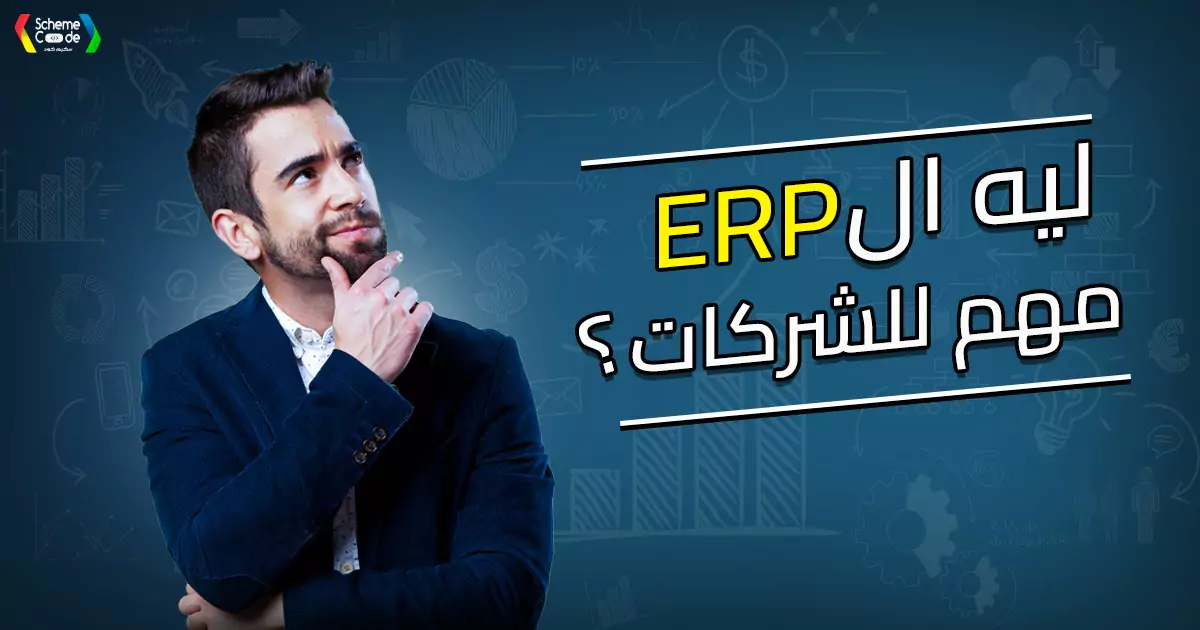
Why is ERP important for businesses?
While there is no one-stop solution for every business process, ERP technology is getting better and better at bringing processes together. Once your processes, systems, and data are connected, you'll have the intelligence, acceleration, and adaptability you need to start improving your operations.
Here are three ways an ERP system can improve your company:
Driving optimum performance. With solutions that use AI, you'll gain access to insights that drive decision-making and reveal ways to improve future operational performance.
Accelerate operational impact. By connecting processes and data, you will bring greater clarity and flexibility to employees, helping them to take action quickly and deliver more value across the business.
Business speed guarantee. Many ERP solutions are designed to adapt to your needs and grow with you, helping you to proactively prepare for - and respond with ease - to any operational disruption or market change.
What business functions can be improved with ERP?
An ERP system can cover many core functions across your organization - helping to break down barriers between the front office and the back office while providing the ability to adapt your solution to new business priorities. Some of the major business functions include:
Trade
Today's retailers face many challenges, and an ERP system can deliver a complete Omnichannel Commerce solution that unifies back office, in-store, and digital experiences. Customers will get a more personalized and seamless shopping experience through AI recommendations, while retailers can increase employee productivity, help reduce fraud, and grow their business.
Finance
Modern ERP systems increase profitability while enhancing compliance. Displays inspiring AI dashboards and insights that give you an overview of your finances so you can see real-time information anytime, anywhere. It should also help you reduce manual information entry, automate day-to-day tasks, and include tracking capabilities that help with your company's regulatory compliance process.
Human Resources
Modern solutions offer ways to manage company data and simplify employee management tasks such as payroll, recruitment, and other duties. You will be in a better position to help retain, hire and empower employees while tracking employee performance and identifying HR issues before they occur.
Manufacturing
This ERP capability improves business communications, automates daily operations through process automation, and provides manufacturers the ability to meet customer needs and manage resources with real-time data access. It also improves project management, cost management and production planning.
supply chain
If your company is still entering information manually and trying to track inventory in your warehouse, you can save time and money by automating these processes with ERP. Modern supply chain solutions also offer dashboards, business intelligence, and even Internet of Things (IoT) technology to help you handle your inventory management.
The three signs you need ERP software
If you're reading this and are having a hard time coming to terms with your outdated system, you might be wondering if now is the time to make a change. Here are some signs that you need a new ERP software:
- The Fundamentals Don't Let You Grow: You might work well with the Essentials tools, but if your current software puts limits on your market reach and your ability to develop on a global scale, maybe it's time to use a better ERP system that is flexible enough to allow for growth.
- You deal with different systems: When technology changes, you notice that your different systems don't work well together. You may notice that your new accounting software is not compatible with your new HR system, and that you are tired of wasting time and resources trying to find a solution together.
- You can't meet customer expectations: If your employees and customers are mobile and your system can't accommodate them, it's time to invest in a system that meets individual needs. Providing your employees with the tools they need to succeed and investing in meeting your customers' expectations can help you maintain your competitive advantage.
Three challenges of implementing corporate ERP
Despite all the options available, some companies are still hesitant about implementing an ERP. This can have many causes, but for each type of challenge there is a solution that answers it.
1- Choosing the right ERP solution.
ERP must be able to take the best of the business processes you're using now and bring them together in one system, while allowing everyone in the organization to view the same information. This is where the importance of choosing a partner like Scheme Code ERP stands out
2- Bear the cost of the ERP system.
The solution does not have to be an implementation of an "all or nothing" proposition. Software solution modules can be purchased separately based on your business needs. This will help your team easily implement part of the ERP and will save by investing in a major software renovation without knowing if the functionality you add will pay off.
3- Integrating new ERP software with existing software.
As mentioned, any ERP solution you choose should work with what you're using now but also include features that can help your future development. For example, if your existing software largely addresses the financial management, supply chain, and manufacturing aspects of your company, you may want to look for a solution that brings a powerful component of company information.
Finally, we hope that we have provided you with the comprehensive answer to the question, What is meant by ERP? Do not miss this opportunity and join the Skmcode company team, which will give you the best system




